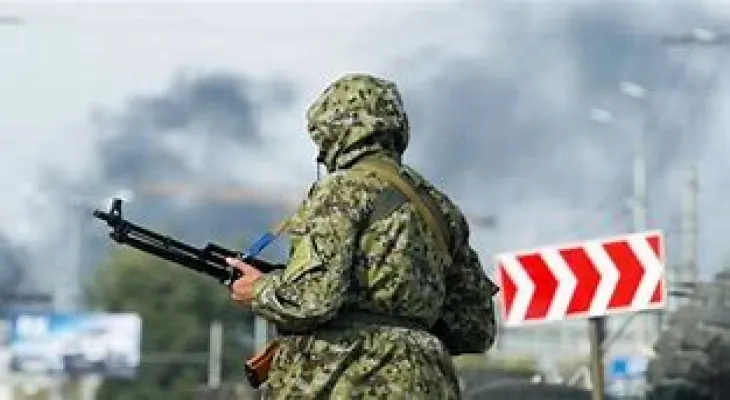Search here
Newspaper
Search here

Arab Canada News
News

Published: July 19, 2023
Canada is dusting off and updating its emergency protocols to deal with the repercussions of a potential tactical nuclear exchange in Europe or radiation spread across the ocean from an explosion at a Ukrainian power plant.
Notes from Internal Canadian Public Safety indicate that measures include updating a highly classified plan to ensure the federal government can continue to operate during any acute crisis.
Ottawa has also taken steps to finalize a protocol for notifying the Canadian public of an incoming ballistic missile, according to notes obtained by the Canadian press under the Access to Information Act.
The Russian invasion of Ukraine in February of last year prompted a series of federal discussions and initiatives aimed at enhancing Canada’s preparedness for a catastrophic nuclear event.
Public safety notes prepared before an August 2022 meeting of senior bureaucrats involved in emergency management indicate that much concern is focused on the Zaporizhzhia nuclear power plant in Ukraine, which has been shelled.
The notes indicate that "ongoing military activities have led to the degradation of safety systems, disruption of routine maintenance, and weakened emergency response capabilities, affecting operational staff and increasing the risk of a serious incident."
Officials anticipate that the potential impacts of uncontrolled radioactive release, whether through direct exposure or ingestion of contaminated food, would depend on proximity to the plant.
The Foreign Affairs Ministry purchased "potassium iodide pills as a precautionary measure, distributing stocks to Kyiv and nearby diplomatic missions in August 2022.
Officials have also laid out plans for a "substantial increase in expected consular assistance requests" following a power plant disaster.
The memos state that no radiological health effects were expected outside Ukraine following a significant release of radiation from Zaporizhzhia, nor any "material risk" to people in Canada.
No immediate precautionary measures would be necessary, although there might be some controls placed on imports from Ukraine and surrounding areas due to potential contamination."
Under the federal nuclear emergency plan, Public Safety will coordinate communications with the public regarding an international nuclear event, and timely response and good coordination will be necessary to address public concern and awareness of high risks, while maintaining trust in the government.
The notes also state that "the Public Safety Office and the Privy Council Office are rapidly updating the constitutional continuity plan, aimed at ensuring core executive, legislative, and judicial operations can occur during a major disaster."
The plan outlines the relocation process of key institutions, including the Office of the Prime Minister, federal government, Parliament, and Supreme Court, to an alternative site outside the National Capital Region.
The plan is a modern version of a Cold War-era program, which would have seen government members move to an underground facility west of Ottawa now known as "Diefenbunker," named after Canada's 13th prime minister.
Internal notes also indicate that a national missile warning protocol has been ratified and "initial engagement" has taken place with provinces and territories.
The federal government and the Canadian Armed Forces developed the protocol in 2018 to determine how to inform the public and key federal partners about an inbound missile, and on January 13, 2018, a false alarm about a ballistic missile terrified people in Hawaii to seek shelter.
The Canadian Public Safety Agency did not respond to questions about updates to the constitutional continuity plan, the status of the missile warning protocol, or any recent actions taken to enhance emergency preparedness for a nuclear event.
Ed Warler, a professor at Ontario Tech University who studies nuclear security, said it's not unusual for a crisis like that unfolding in Europe to prompt officials to accelerate the review of emergency plans.
He said in an interview, "I think this shows a responsive system, it's very encouraging in fact that they are taking a good and steady look at this now."
Warler added that overall, Canada has long had well-considered and established plans for dealing with nuclear emergencies, given the number of power reactors on its territory.
Comments